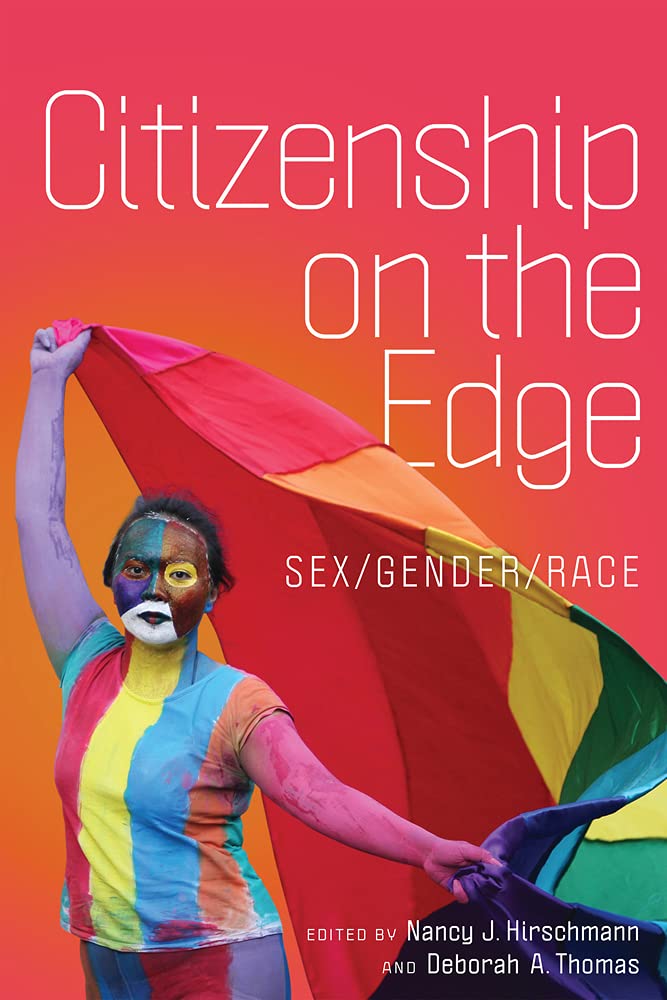

Most ebook files are in PDF format, so you can easily read them using various software such as Foxit Reader or directly on the Google Chrome browser.
Some ebook files are released by publishers in other formats such as .awz, .mobi, .epub, .fb2, etc. You may need to install specific software to read these formats on mobile/PC, such as Calibre.
Please read the tutorial at this link: https://ebookbell.com/faq
We offer FREE conversion to the popular formats you request; however, this may take some time. Therefore, right after payment, please email us, and we will try to provide the service as quickly as possible.
For some exceptional file formats or broken links (if any), please refrain from opening any disputes. Instead, email us first, and we will try to assist within a maximum of 6 hours.
EbookBell Team

5.0
110 reviewsWhat does it mean to claim, two decades into the twenty-first century, that citizenship is on the edge? The questions that animate this volume focus attention on the relationships between liberal conceptions of citizenship and democracy on one hand, and sex, race, and gender on the other. Who "counts" as a citizen in today's world, and what are the mechanisms through which the rights, benefits, and protections of liberal citizenship are differentially bestowed upon diverse groups? What are the relationships between global economic processes and political and legal empowerment? What forms of violence emerge in order to defend and define these rights, benefits, and protections, and how do these forms of violence reflect long histories? How might we recognize and account for the various avenues through which people attempt to make themselves as political subjects?
Citizenship on the Edgeapproaches these questions from multiple disciplines, including Africana Studies, anthropology, disability studies, film studies, gender studies, history, law, political science, and sociology. Contributors explore the ways in which compounding social inequalities redound to the conditions and expressions of citizenship in the U.S. and throughout the world. They give a sense of the breathtaking range of the ways that citizenship is controlled, repressed, undercut, and denied at the same time as they outline people's attempts to claim citizenship in ways that are meaningful to them. From university speech policies, to labor and immigration policies, to a rethinking of the security theatre, to women's empowerment in the family and economy and a rethinking of marriage and the family, we see slivers of possibility for a more inclusive and less hostile world, in which citizenship is no longer so in doubt, so on the edge, for so many. As a whole, the volume argues that citizenship cannot be conceptualized as a transcendent good but must instead always be contextualized within specific places and times, and in relation to dynamic struggle.
Contributors: Erez Aloni, Ange-Marie Hancock Alfaro, Nancy J. Hirschmann, Samantha Majic, Valentine M. Moghadam, Michael Rembis, Tracy Robinson, Ellen Samuels, Kimberly Theidon, Deborah A. Thomas.